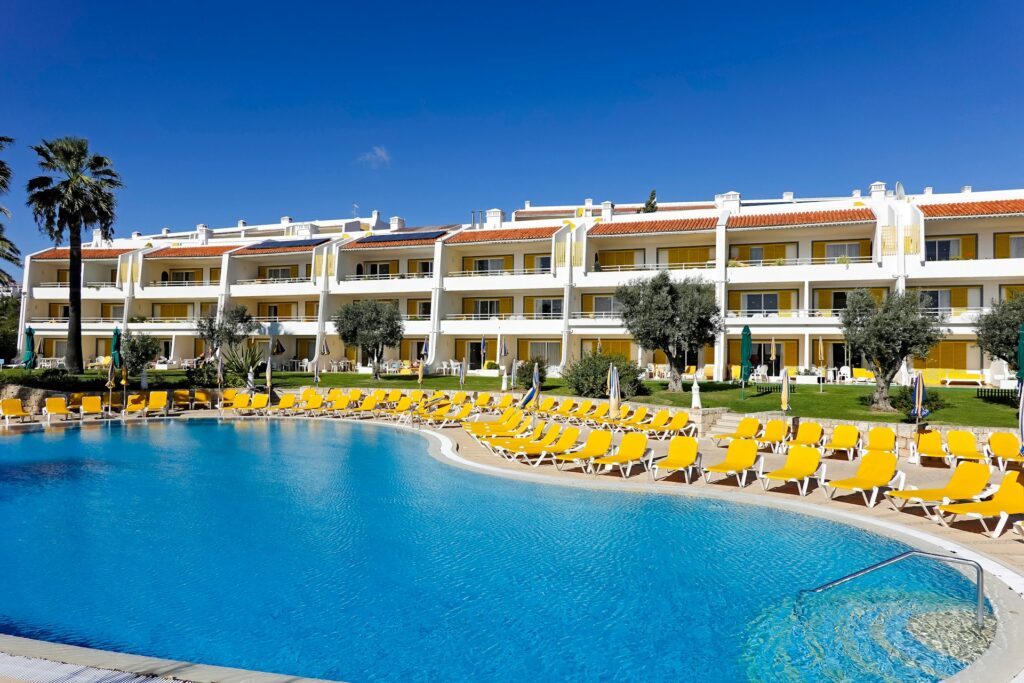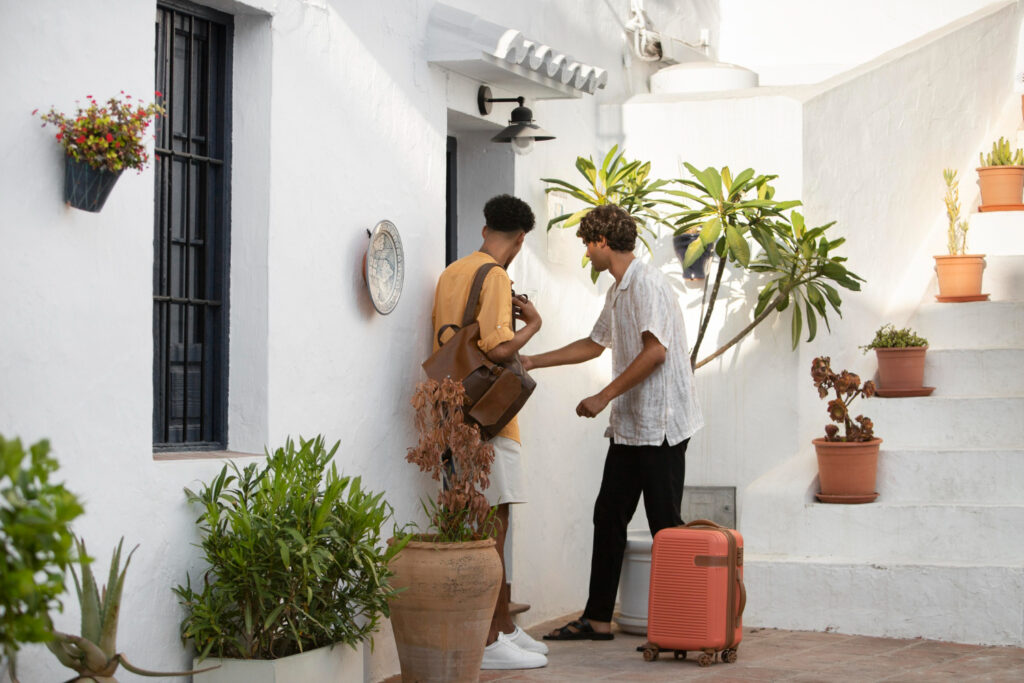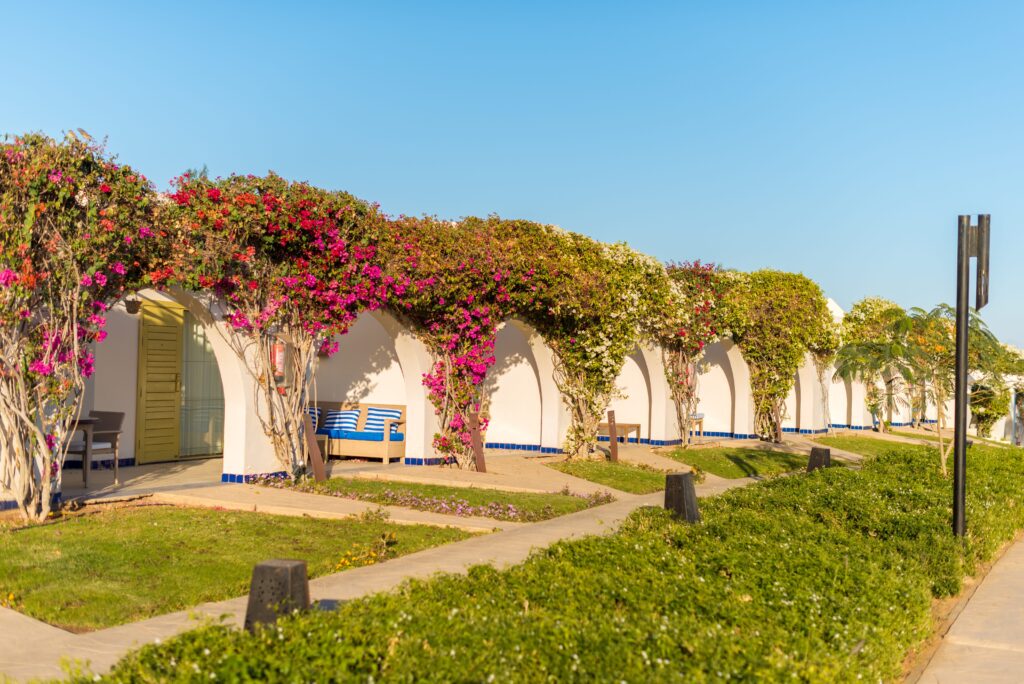The availability of short-term rentals has become a significant factor in the European travel market over the past few years. It has been observed that private stays are becoming the preferred choice of hotels’ customers that consist of families, couples, and business travelers.
However, there are still many people that are confused by the differences between a holiday home and a touristic apartment.
As per Idealista, both regulations and uses change significantly, thereby impacting everything from the rental income to the taxes. Presented here is a breakdown of the main differences that will help readers to ponder over the facts and decide wisely.
What is a Holiday Home in Portugal?
A holiday home in Porrtugal normally is a property of a private person where the owner and their family members use it, in most cases, it is either on the beach or in the countryside.
These houses are basically for recreation and are occupied for example, during the summer break or during the time of family reunions.
When not being used, some of the owners simply rent them out during the different seasons.
Holiday houses in most cases are detached villas, cottages, or country houses. Such houses are often equipped with gardens, pools, or beautifully designed outdoor spaces that make them more family-friendly.
The emphasis is on being comfortable and having the privacy secured rather than on the frequent change of visitors.
What is a Touristic Apartment in Portugal?
The term “touristic apartment” usually refers to a living space that caters mainly to the requirements of a short stay.
It is typically within a separately managed apartment block or a residential building. In contrast with holiday houses, these apartments are available at any time of the year for tourists, and they must also meet local standards for security and hospitality.
Most of the time, they are situated in the heart of the city or close to the top places to visit, or even in the most trendy resorts. The guests, however, do not take longer stays, are even limited to a weekend sometimes and the property is made to be complete with furniture and services.
Apartments for touristic purposes in Portugal serve guests similarly to hotels but still remain in private ownership thus providing a regular income for the investors.
As a result, the tourists find a touristic apartment a very comfortable and low-priced solution on the one hand, and the rental owners take advantage of it by getting higher and assured returns on the other hand.

Holiday Home in Portugal vs Touristic Apartment in Portugal – Key Differences
The main difference between a Holiday Home in Portugal and a Touristic Apartment in Portugal comes down to ownership, registration, and use.
A holiday home is typically a private property where the owner lives for most of the year. Renting it out occasionally involves fewer formalities unless it is turned into a commercial rental. In contrast, a touristic apartment is officially structured for continuous short-term rentals and must comply with business regulations.
A touristic apartment in Portugal requires registration, compliance with safety codes, tax obligations, and in some cases, periodic inspections. A holiday home in Portugal rented only from time to time usually needs to meet only the basic rental standards.
Location plays a big role. A holiday home in Portugal is often in rural areas, countryside villages, or seaside towns, offering a private retreat. Meanwhile, a touristic apartment in Portugal is generally located in busy city centers, attracting a steady flow of tourists throughout the year.
Profitability differs too. A villa or holiday home may earn high rental income during the summer season but remain empty in winter. On the other hand, a touristic apartment in Portugal, especially in Lisbon, Porto, or other tourist hubs, can maintain stable bookings and income year-round.
Comparison: Holiday Home vs tourist apart.
Portugal Rental Income
The generation of income is probably the most essential point that is compared between a holiday home and a touristic apartment. Typically a holiday home takes advantage of the high rates during the summer or peak travel months, but remains empty for the off-season. As a result, the income pattern becomes less predictable and more attractive to families who seek longer stays.
A touristic apartment, on the other hand, is more likely to offer returns that are regular since it is rented all year round. One of the reasons that touristic apartments are successful is because of their location in a city or a resort area where short stays are in demand.
The latest data point to the city rentals trend: in Q1 2025, Portugal’s median house price attained €1,951 per m², with apartments averaging €2,105 per m².

Holiday home in Portugal Maintenance Costs
There is a big difference in maintenance as well. Normally, a holiday home comes in larger sizes complete with gardens, pools, and outdoor spaces that need to be maintained on a regular basis.
The costs can grow quite big, especially if the owner is just a seasonal visitor and has to employ caretakers or cleaning people to do the work.
While a touristic apartment is a small and a low-maintenance property, it is often situated in a shared building where the maintenance of the exterior is taken care of collectively.
Adding one more level is property management. In most cases, the owners of the tourist apartments hire the property management companies to take over all the bookings, check-ins, and guest services so that they can have a relaxing time.
Nevertheless, with Lisbon prime properties averaging €5,642 per m² and Algarve homes ranging €3,300-€4,300 per m², investors need to compare property prices with maintenance costs when deciding between a holiday home and a touristic apartment.
Short-Term License
In Portugal, short-term rentals must be managed under the Alojamento Local (AL) regime, created in 2014. An AL license is compulsory for properties offered to tourists, and owners must register with their local municipality.
Recent legal changes have also influenced the rules. Decree-Law 76/2024 (effective November 1, 2024) introduced key updates: AL licenses are now permanent (no longer expiring after five years), and condominium approval is no longer required for individual units to operate as tourist rentals.
However, restrictions remain in certain areas. From September 2025, central Lisbon, Porto, and some Algarve zones stopped issuing new AL licenses to control housing supply.
For stays shorter than six months, owners can also choose a short-term lease under Portugal’s Civil Code (Article 1095(2)) instead of AL. In this case, contracts must be registered with the tax authority and income declared, but municipal AL licensing and full compliance with tourism rules are not required.
Portuguese Real Estate Market Trend
The price of real estate in Portugal increased by almost 16% from YoY and apartments in the city were around €2,105 per m² on average. This kind of increase has led to a rise in the need for the city rentals like touristic apartments where the investors can get a hold of the steady returns of the properties.
The latter is typical of the areas by the sea or in the mountains, while the former mostly consists of the quarters of big cities. The local authorities have implemented a more rigorous policy in regard to licensing, and this is to make sure that housing needs of the residents are met.
On the other hand, the apartments intended for tourists in the city remain highly attractive to the travelers as they are looking for flexibility and easy access to the city center. A statistical summary provided by Eurostat indicates that the total number of nights spent in tourist accommodation in the whole EU area was 2.9 billion in 2023.

Choosing Between a Holiday Home and a Tourist Apartment in Portugal
A Holiday Home in Portugal is best suited for families or individuals seeking a private retreat and seasonal use. These properties usually offer more privacy, larger spaces, and the comfort of enjoying a personal getaway over time.
On the other hand, a Touristic Apartment in Portugal is primarily designed for short-term rentals. This type of property is especially appealing to investors focused on generating steady income. Located in city centers or lively resort areas, touristic apartments are in constant demand, attracting international travelers looking for convenience and easy access.
Location and budget also play a key role. For example, owning a holiday home in the Algarve can be very profitable during the peak summer months of July and August. Meanwhile, a touristic apartment in Lisbon is likely to provide stable bookings and income throughout the entire year.
Ultimately, people who want to create family memories often choose a holiday home in Portugal, while those prioritizing reliable cash flow tend to invest in a touristic apartment in Portugal. The right choice depends on balancing financial goals with lifestyle preferences.
Find Your Dream Property with Us
Portugal Investment Properties is your gateway to smart real estate investments in Portugal, offering savvy investors access to an exclusive collection of carefully curated properties.
Whether you’re searching for your dream home or a prime investment opportunity in Portugal’s prestigious market, we provide more than just listings – experience a personalized journey tailored to your aspirations.
Begin your journey to discover your perfect Portuguese retreat. Contact us today!
Frequently Asked Questions
What defines a Holiday Home in Portugal compared to a Touristic Apartment in Portugal?
A Holiday Home in Portugal is primarily for private use and occasional rentals, while a Touristic Apartment in Portugal is operated year-round under stricter short-term rental licensing.
Are Touristic Apartments in Portugal more profitable than Holiday Homes?
Yes. A Touristic Apartment in Portugal often generates steadier income thanks to frequent bookings, whereas a Holiday Home in Portugal usually earns higher rates only during the summer or peak travel seasons.
Do Holiday Homes in Portugal require the same licenses as Touristic Apartments?
No. A Touristic Apartment in Portugal must be registered under the Alojamento Local (AL) regime. A Holiday Home in Portugal may only require basic registration if rented occasionally.
Where are Holiday Homes in Portugal usually located compared to Touristic Apartments?
A Holiday Home in Portugal is often found in coastal, seaside, or rural areas, offering privacy and relaxation. A Touristic Apartment in Portugal is typically located in city centers or popular resort zones with high year-round demand.
Which is better for families: a Holiday Home in Portugal or a Touristic Apartment in Portugal?
Families tend to prefer a Holiday Home in Portugal for the extra space, privacy, and suitability for longer stays. A Touristic Apartment in Portugal is better suited to travelers looking for convenience, central locations, and short-term accommodation.